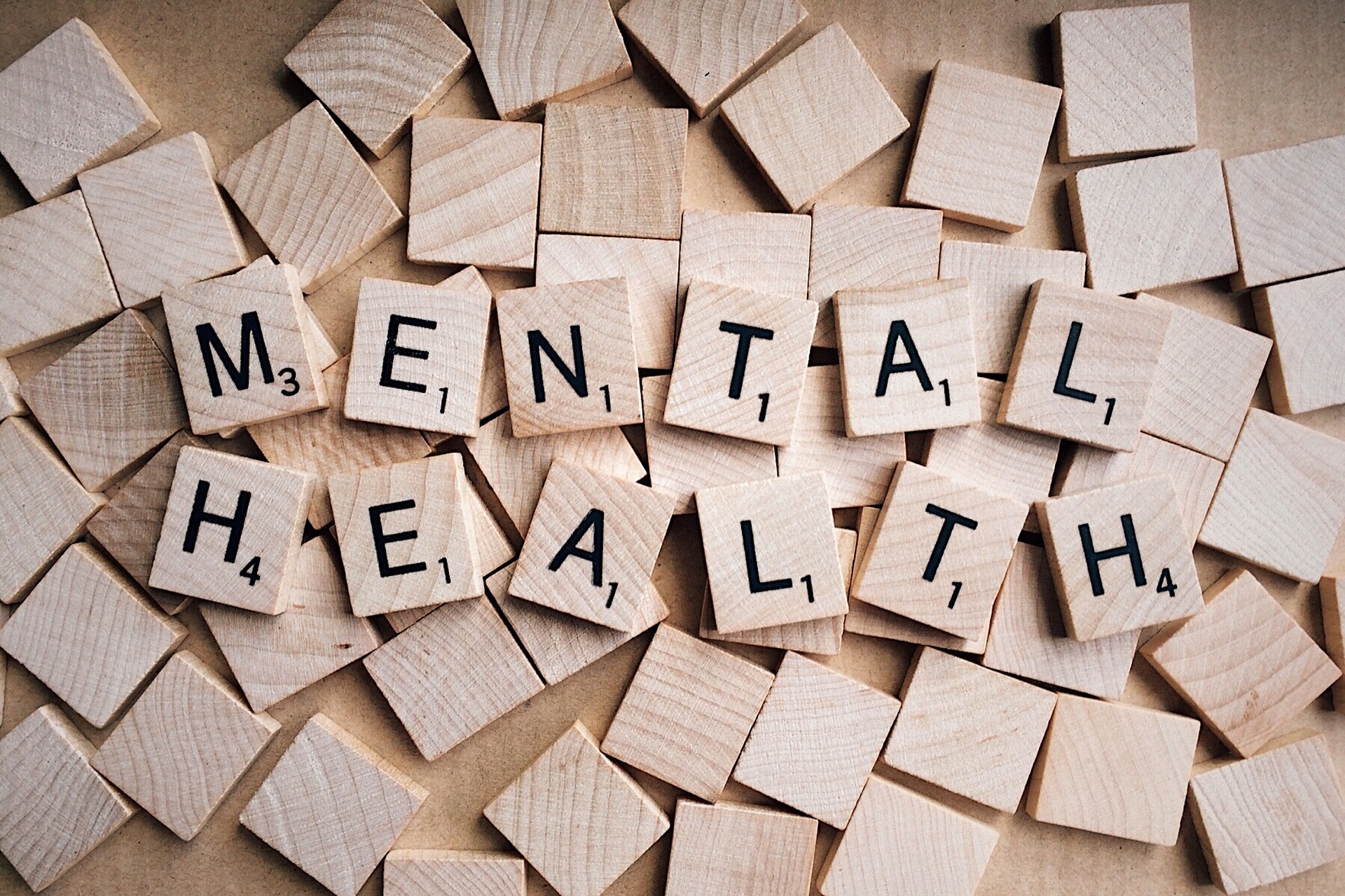The race between variants and vaccines:
We’re well over a year into the Covid-19 pandemic and it seems like it’s turned into a race between the aggressive new variants and the available vaccines.
Despite the roll-out of three different types of vaccines, the variants have been taking hold, making up at least half of all new cases in Ontario. The number of infections is topping 2000 on a daily basis and there are more ICU beds occupied right now than at any other time in the pandemic.
Just now, Ontario has imposed another month-long stay-at-home order, to try to control the rampant spread of the new variants.
It’s obvious what this means in terms of the physical health of Ontarians, but we should also be keeping in mind the mental health toll of thirteen months of lock-down, and all the stresses and losses we’ve been experiencing because of the pandemic.
Recently, an article came out in Halifax Today, entitled, “some could experience lasting psychological consequences from COVID-19″, and I wanted to follow up on this idea, as it’s important to be equally aware of the mental health repercussions of the pandemic.
From my perspective as a psychiatrist, there are specific groups of people who are most at risk for long-term mental health consequences, even well after the pandemic is over.
The six groups who are the most vulnerable to lasting mental health effects from the pandemic:
1. Those who have preexisting mental health issues. These are the people who were struggling with anxiety, depression, OCD, Bipolar Disorder, and other forms of mental illness even before the pandemic began. Stress will always exacerbate preexisting mental health symptoms, and the pandemic has been a severe and ongoing stressor.
2. People who already had maladaptive coping strategies. These are the individuals who would turn to drinking, drugs, over-eating or binge-purging, gambling, shopping, on-line addictions or other compulsive behaviours when under stress.
These maladaptive coping strategies are ineffective and often make things worse, so thirteen months of employing these strategies are likely to have a negative impact on someone’s mental well-being.
Another group of people with maladaptive coping strategies are those who express their emotions through their interpersonal interactions.
There are two types of dysfunctional coping strategy: social withdrawal, and becoming more irritable or aggressive. The former group will self-isolate and miss out on necessary emotional support, whereas the latter group could incur serious long-term consequences for having engaged in antisocial, abusive behaviour.
3. People who lacked social support prior to the pandemic. There is a large group of people across Ontario who were socially isolated well before the pandemic began.
These are individuals who struggle to connect with others at the best of times and now, with so many social restrictions, they’re more isolated than ever. These individuals are likely to come out of the pandemic in much worse emotional shape than before.
4. The Covid-19 long-haulers. Like anyone with a chronic, unpredictable, and frightening illness, the Covid long-haulers are beset by a number of troubling symptoms which interfere with their ability to get on with their lives.
We can all appreciate the physical impact of being a long-hauler, but this type of illness has lasting mental health consequences as well.
5. Those whose lives were significantly disrupted by the pandemic. This group includes those people who had loved ones who became seriously ill or who died of Covid-19.
It also includes those who lost their jobs or their small businesses, and anyone who was put under significant financial strain and who lost savings or even their homes.
All of these individuals are at high risk of having lasting mental health repercussions, long after the pandemic has resolved.
6. Front-line health-care workers: Many of these individuals are exhausted and demoralized. They’ve been going at it non-stop, often in the absence of adequate PPE. They’ve seen so much suffering and loss, while working round-the clock and often having to isolate from their family members.
The toll that this has taken is not just physical but emotional. These people need all the support they can get, but often, those in the caring professions don’t know how to ask for help for themselves.
How to assist:
So, what can we do to make things better for those who are suffering? The first thing to do is to pay attention to the people in our lives and keep an eye out for anyone who might be at risk.
Specific individuals who should be paying close attention are front-facing professionals such as teachers, bosses, doctors, clergy and mental health practitioners. All of these individuals can make a point of observing for signs of trouble.
Front-facing people and anyone, really, can look for signs of distress, which is not easy to do these days due to social isolation and occupancy limits in places of worship, for example.
But still, it’s up to all of us to keep an eye out for those who are struggling, so that we might get them the help and support they need, sooner rather than later.
The five signs that indicate someone is struggling with their mental health:
1. Increased distractability: the person seems like a “space cadet” and is forgetful, preoccupied and/or unfocused. This is a red flag indicating a problem, so rather than criticize the other person for being an airhead, find out what’s going on with their mental health.
2. Presenteeism or absenteeism at work: Presenteeism is someone showing up at work but getting very little done. Their body is in the chair but their mind is elsewhere. In terms of absenteeism, when a formerly reliable employee is coming in late or calling in sick a lot, it could be a sign of mental health problems.
3. Social withdrawal or relationship conflicts: When someone who previously had no social difficulties is suddenly irritable, hostile, paranoid or socially avoidant, this is a strong sign that they are struggling with their mental health.
4. Tearful episodes or panic attacks: If someone suddenly starts having crying spells or going into a panic it means that they are not doing well in their mental health.
5. Poor grooming or self-care: If a person shows up at work or in an online meeting with unwashed hair, dirty fingernails or looking unkempt, it means that they’re not attending to their personal hygiene, and this is often an indicator of poor mental health.
Take action:
The next thing to do is take action. You can reach out and inquire how someone is doing. You can spend socially distanced time with this person, giving them support, validation and encouragement.
You can encourage the individual who is suffering to seek out counseling, coaching or therapy, or to connect with their family doctor or a psychiatrist. These professionals can provide a lot of support to the person who is struggling.
Resources:
The phone number for the Distress Centres of Greater Toronto is: 416-408-4357. The Canadian Mental Health Association — CMHA — toll-free number is 1-800-875-6213, or you could go online to info(@)Ontario.cmha.ca
___
Sign up here for my free biweekly wellness newsletter that brings you fresh, thought-provoking content.
Subscribe to my YouTube Channel where you’ll learn simple tips for taking the best care of yourself and your loved ones.
Tune in to my Ruthless Compassion Podcast where I go in-depth about topics like mental health, trauma, and loneliness.




